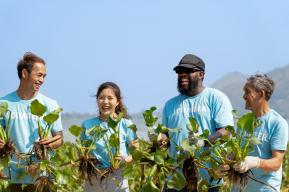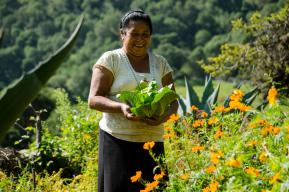News
Gansu Mayors Commit to Sustainable Tourism that Prioritizes Heritage Preservation, Environmental Conservation and Community Empowerment
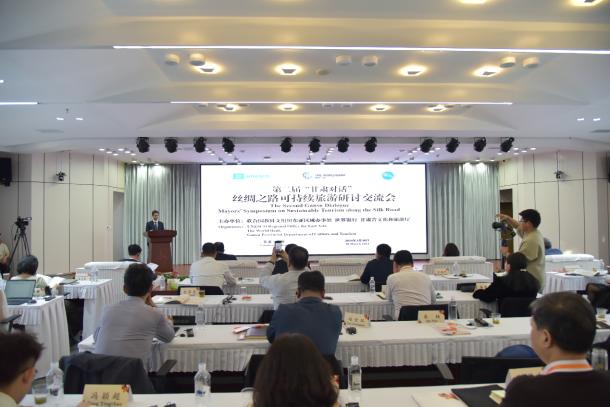
The symposium was attended by 73 participants onsite, including 14 leaders from five municipalities, professors and students from universities in Lanzhou, representatives from tourism-related organizations and companies, as well as UNESCO experts, Category 2 Centers and UNESCO Chairs. Additionally, 210 representatives from seven other municipal bureaus of culture and tourism from Gansu participated online. The Gansu Dialogue initiative is carried out within the framework of the Gansu Revitalization and Innovation Project, a collaboration between UNESCO, the World Bank, and Gansu's Provincial Department of Culture and Tourism.
The symposium aimed to use sustainable tourism as a transformative force along the Silk Road, positioning Gansu Province as a model for integrating culture and creativity into sustainable tourism development strategies.
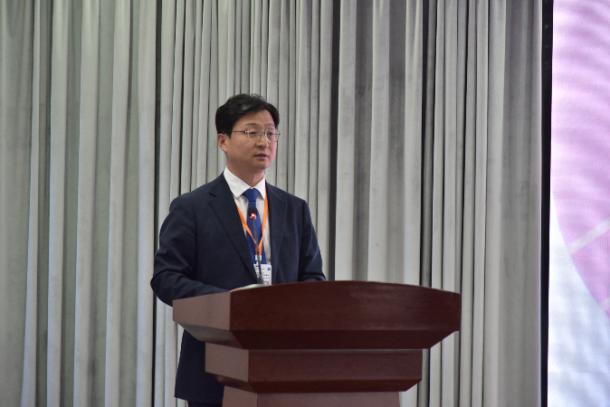
The opening ceremony, hosted by Mr. Yan Yongqiang (Deputy Director of Gansu Provincial Department of Culture and Tourism), was kicked off by Mr. He Xiaozu (Director of Gansu Provincial Department of Culture and Tourism)’s speech introducing Gansu’s remarkable achievements in sustainable tourism and cultural preservation. Director of UNESCO Regional Office for East Asia, Prof. Shahbaz Khan’s opening remarks highlighted the significance of the Gansu Dialogue gathering provincial leaders, mayors, and experts for a constructive dialogue. World Bank Global Coordinator for Cultural Heritage and Sustainable Tourism, Dr. Ahmed Eiweida shared his thoughts on balancing tourism, heritage preservation, environmental conservation and community engagement.
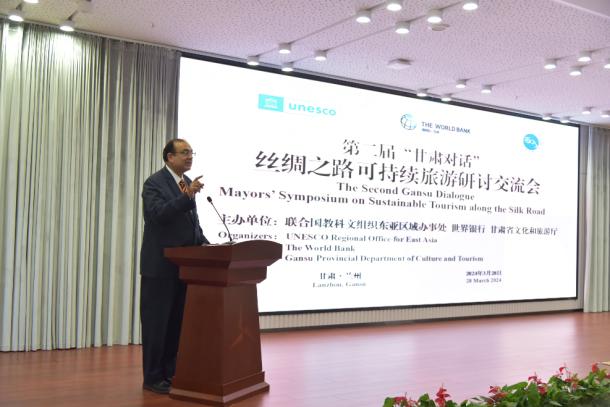
Two keynote presentations were delivered to set the stage for the discussions to take place throughout the day. Mr. Peter Debrine (Senior Project Officer, Leader of Sustainable Tourism Programme, UNESCO World Heritage Centre) invoked rethinking on destination and visitor management and the need for innovative models to tackle existing challenges and foster community-based tourism. Prof. Zhang Chaozhi (UNESCO Chair on Sustainable Tourism in UNESCO Designated Sites) shared case analysis on how to retain visitors for long heritage-based route, which is applicable to the routes along the Silk Road in Gansu.
Panel 1: Cultural Heritage Preservation and Tourism Development
Dr Li Kuanghan, Director Assistant for the UNESCO World Heritage Institute of Training and Research in the Asia and Pacific Region (WHITRAP Beijing), raised placemaking as an approach to foster sustainable tourism in heritage sites and analyzed cases including Maijishan Grottoes visitor management and Dali Dong Village community empowerment. Prof. Yang Yi (Associate professor of Lanzhou University) shared Gansu’s innovative digital solutions for culture and tourism that create new experiences for visitors.
In the panel discussion, Mr. Sun Xiaoqiang (Chairman of the Board of Gansu Culture and Tourism Group) shared his perspectives as a private sector representative on how to balance economic growth and cultural heritage preservation. Lintao representative Mr. Yin Wentao emphasized the importance of funding opportunities, public outreach and community involvement in his work preserving Majiayao culture, while Jiuquan representative Ms. Zhang Weiting highlighted the government’s role in legislation and regulation to ensure the sustainable diretion.
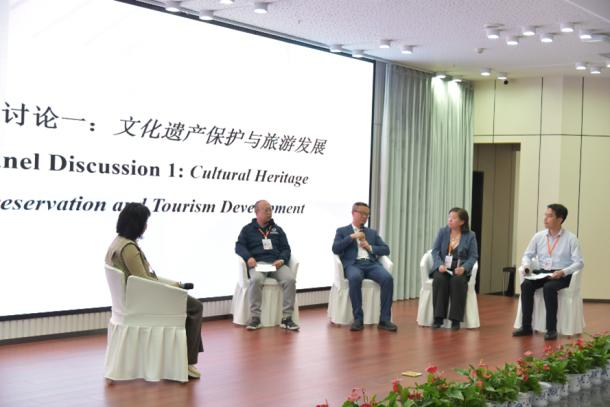
Panel 2: Balancing Tourism Growth, Environmental Conservation and Climate Action
Dr. Cecilie Smith-Christensen, the Founder of World Heritage Catalysis and lead developer of the UNESCO Visitor Management Assessment & Strategy Tool (VMAST) emphasized the importance of transformative practices in transitioning from sustainable tourism within growth-dependent economies to energy-positive tourism within regenerative economies. Drawing from her experiences collaborating on World Bank projects, Prof. Li Xiaomei, Associate Professor at Lanzhou City University, stressed the importance of integrating environmental and social impact assessments into tourism development evaluations.
Mr. Wang Rui from Ganzhou showcased the good practices of Lushuiwan Resort and procurement of electric buses under the World Bank GRIP project. Mr. Yuan Deping, the site manager at Zhangye Danxia, discussed initiatives such as the Zhangye carbon offset project and promotion of low-carbon travel practices. Ms. Bao Cuixia, representative from Dingxi, stressed the role of schools in educating future generations about environmental protection, advocating for a holistic approach to sustainable tourism development.

Panel 3: Community Involvement and Empowerment Through Tourism
Dr. Shao Yong, the Executive Director of UNESCO World Heritage Training and Research Centre for the Asia-Pacific Region (WHITRAP Shanghai), highlighted the importance of inclusive community participation in fostering sustainable development, drawing from WHITRAP Shanghai’s pilot project in China and the inclusive development initiatives in Pingyao. Mr. Duan Qibin, leveraging his experience in advising international projects, emphasized the necessity of empowering communities for sustainable tourism through the cultivation of new productive forces.
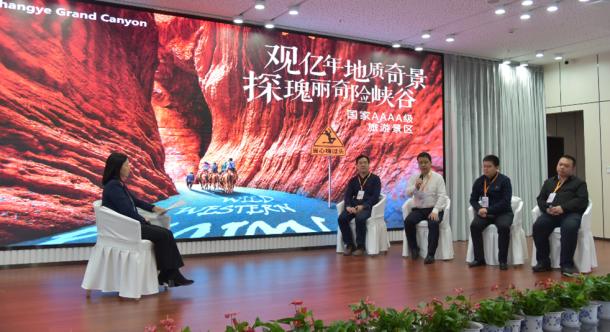
During the discussion, Mr. Mu Xinfeng from Longnan discussed the process of community participation in transforming traditional villages into 4A-level scenic spots, leading to a significant increase in local residents' income. Mr. Ma Chao from Tianshui emphasized the role of community engagement behind the success of the popular local dish, "ma la tang". Mr. Xu Yuan from Zhangye shared the lesson-learnt from the colorful Danxia, where efforts were made to preserve the ethnic Mongolian characteristics of the indigenous population in Pingshanhu Grand Canyon project.
The Second Gansu Dialogue was closed with remarks from Prof. Khan, Dr. Eiweida and Mr. He Xiaozu. They all expressed the appreciation for experts’ and local leaders’ sharing of innovative experiences and highlighted their commitment to continue the partnership among the three organizations to position Gansu province as a model for integrating culture and creativity into sustainable tourism development strategies.



